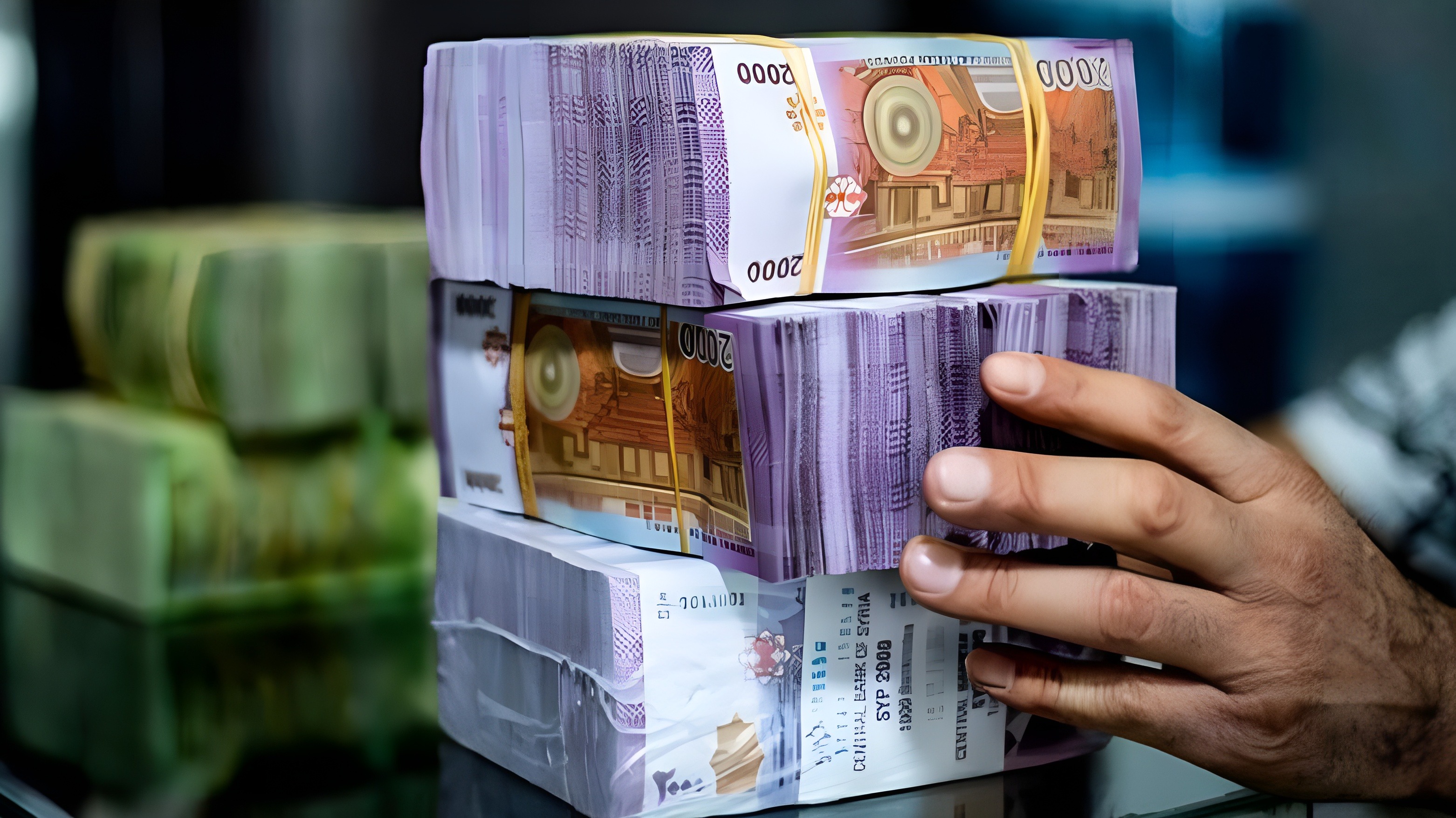Syria Begins Disbursing Teacher Salaries in Western Kurdistan After Five-Month Suspension
The salary disbursement comes in the wake of a financial grant from Qatar aimed at supporting the Syrian public sector.

By Ahora Qadi
ERBIL (Kurdistan24) – After a prolonged five-month suspension, Syria’s Ministry of Education has resumed paying salaries to its employees in the cities of Hasakah and Qamishlo, marking a modest but significant step toward alleviating the financial distress faced by public education workers in the country’s northeast.
On Thursday, the interim Syrian government began salary disbursement operations at a designated payment center located in Qutayba ibn Muslim al-Bahili School in the Arabwiyah neighborhood of Qamishlo, alongside other distribution points in Hasakah. Payments also included the recently approved financial grant, which had been suspended for over five months.
The scene was marked by long queues and overcrowding, highlighting the bureaucratic and logistical challenges plaguing the region. Employees described mounting frustration due to irregular payment cycles and deepening economic hardship, factors that have severely impacted the stability of the education system.
A Pattern of Delays
The delayed payments reflect a broader, chronic issue in how public sector employees in Western Kurdistan receive compensation. In February this year, a similar delay affected public school teachers in Raqqa, where salaries resumed after a three-month gap in some districts, including Maadan, Sabkha, Mansoura, and Dibsi.
With inflation soaring and purchasing power at historic lows, delays in salaries have caused immense strain on the daily lives of teachers and administrators already operating within an underfunded educational infrastructure.
Qatari Grant Eases Burden
The salary disbursement comes in the wake of a financial grant from Qatar aimed at supporting the Syrian public sector. On Wednesday, Syrian Finance Minister Mohammad Barniya announced that Qatar had pledged $29 million per month for three months—extendable—to cover a portion of wages in health, education, social services, and civil pensions.
Barniya expressed gratitude to the Qatari government and noted that the U.S. Treasury had granted a sanctions exemption to facilitate the disbursement, which will be managed by the United Nations Development Programme (UNDP).
“This is a step we hope will lead to more confidence-building and further actions to alleviate sanctions,” Barniya said. The funds are expected to cover approximately 20 percent of Syria’s current wage bill for public employees.
Sanctions, Reforms, and Reconstruction
The Syrian transitional government continues to call for the lifting of international sanctions, asserting that the previous regime—against which the sanctions were imposed—has been dismantled. In a recent press conference with French President Emmanuel Macron in Paris, Syrian President Ahmad al-Sharaa reiterated that the existing punitive measures are “no longer justified.”
Al-Sharaa emphasized that the economic blockade hinders the reconstruction and recovery of Syria’s vital sectors, particularly education and healthcare.
Qatar has emerged as a leading regional ally of the new Syrian leadership, reopening its embassy in Damascus and engaging in direct financial support initiatives. European countries have also begun to ease sanctions, while the U.S. maintains its position that relief is contingent upon progress on key political and counterterrorism benchmarks.
Education Sector Remains Fragile
Despite these developments, the Syrian education sector in areas like Hasakah and Qamishlo continues to struggle with chronic underfunding, instability, and lack of infrastructure. Educators warn that irregular salaries and inconsistent administrative oversight could deepen the crisis unless long-term structural reforms are implemented.
